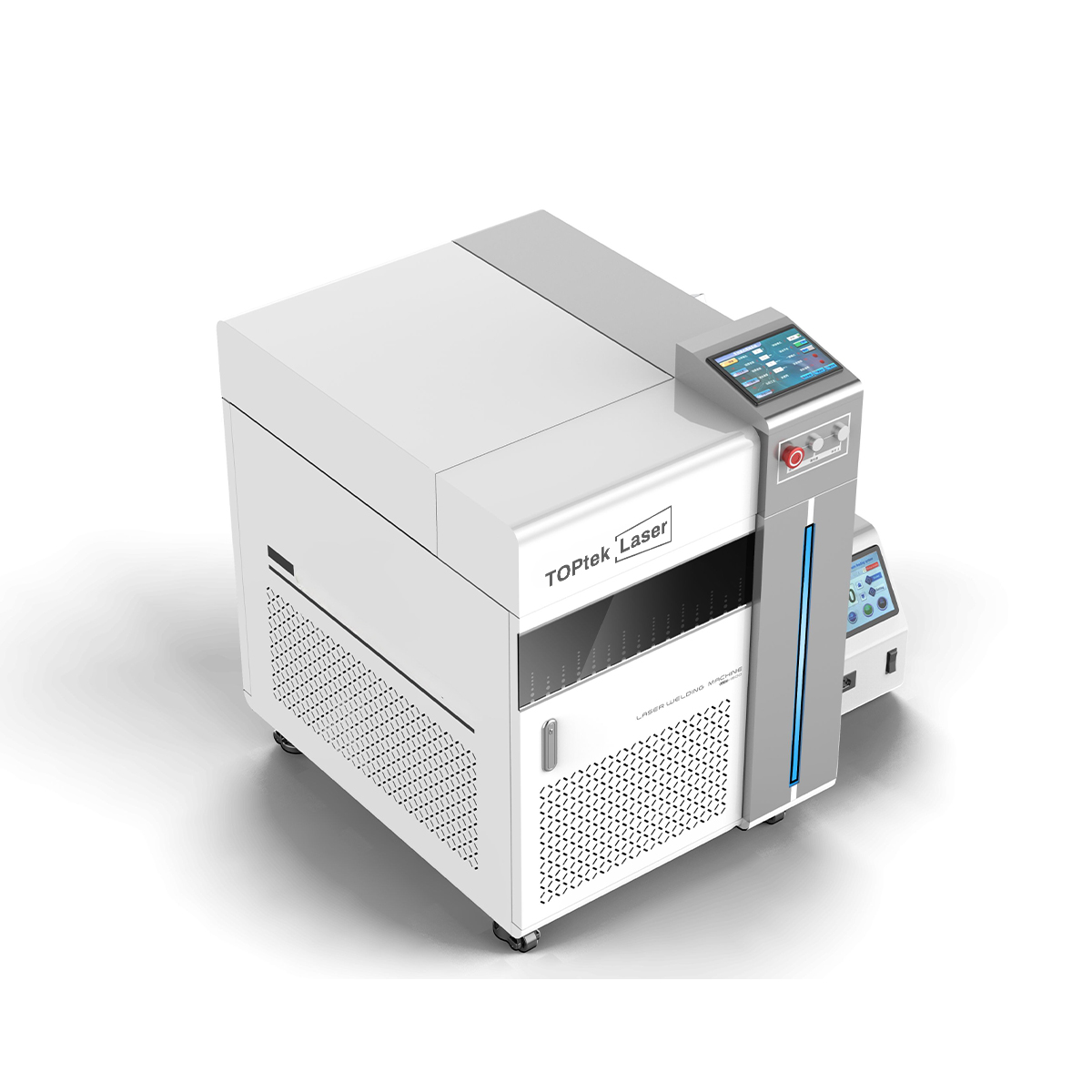How Laser Welding Differs from Traditional Welding Techniques
Apr 17,2023 | TOPTEK
As a modern welding technology, laser welding has the advantages of deep penetration, fast speed, small deformation, low requirements on welding environment, high power density, not affected by magnetic field, not limited to conductive materials, working conditions without vacuum and The welding process does not generate X-rays and other advantages, and is widely used in high-end precision manufacturing fields, especially in the new energy vehicle and power battery industries.

Compared with other welding processes, the laser welding process has a strong advantage in welding effect. The specific comparison is as follows:
|
Welding method |
Material |
Depth ratio |
Power density (W/㎡) |
Thermal deformation |
Welding quality |
|
Laser welding |
metal, non-metal |
<10 |
10K-100M |
extremely small |
High quality; single side welding reduces weight and high welding strength |
|
resistance welding |
Metal |
<2 |
100-1M |
significantly |
Double-sided welding increases weight and lower welding strength |
|
Arc welding |
Metal |
<2 |
1-100K |
significantly |
Large welding spots/seams, increased weight, low welding strength |
|
electron beam welding |
metal, non-metal |
<30 |
1-100M |
extremely small |
High quality but complex process requiring vacuum and degaussing |
However, compared with other welding processes, the cost of complete sets of laser welding automation equipment is relatively high; the equipment precision requirements for welding automation equipment and public construction joints are high, and it is difficult to operate manually; the properties of the materials to be welded and the accuracy of fixtures are high.

For more information please click:
https://www.youtube.com/watch?v=VHyqjoLTHyI
https://www.linkedin.com/company/91096732/admin/


